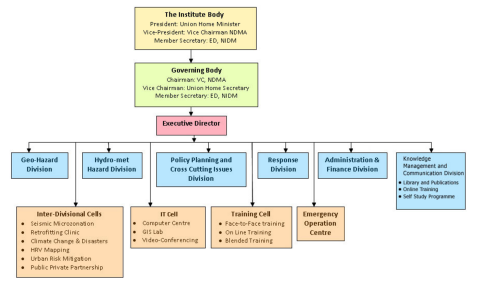Cape Town, South Africa
MisriaAs of 13 February 2023, South Africa declared a national state of electricity disaster. In this paper we consider the impacts of global tech giants on the land, environment, people, heritage, and the technological landscape in Cape Town, South Africa. Our methods consist in long-term ethnographic fieldwork (Waltorp 2010, 2019, Waltorp et al 2022) and decolonial design anthropological approaches (Kambunga 2023) as we work with a group of local assistants and critical friends (www.digisatproject.com). We start from the controversy surrounding Amazon Web Services Headquarters: In 2021, the Observatory Civic Association and the Goringhaicona Khoi Khoi Indigenous Traditional Council filed an urgent notice with the High Court of South Africa to interject the construction of the Amazon River Park development on sacred land, where confrontations between the Peninsula Khoekhoe and the first Dutch settlers took place (genesis of colonialism in South Africa), and one of the only natural floodplains in Cape Town. Respondents argued that the site has no visible heritage significance, and the interjection will hinder economic development and job creation, an urgent concern, with Cape Town home to the most data centres on the continent. Data centres provide the computing and storage power that is essential to realising the smart digital futures furthered by corporate strategists and government policymakers. Yet, the data centres that underpin these futures are themselves energy-intensive enterprises (Howe et al. 2015) placing burdens on national energy supplier Eskom and energy shortages for the neighbouring communities (Pollio and Cirolia 2022). Data are entangled with water, wind, oil and other elements. Resource prospecting and extraction of energy were driving forces of colonial expansions. The material effects this has had on contemporary human and more-than-human life as well as geopolitical formations continue: How might we think together beyond techno-solutionism and -determinism to imagine technological futures otherwise.
Waltorp, Karen and Asnath Paula Kambunga. 2023. "Land, Legacies and Energy Futures in Cape Town, South Africa." In 4S Paraconference X EiJ: Building a Global Record, curated by Misria Shaik Ali, Kim Fortun, Phillip Baum and Prerna Srigyan. Annual Meeting of the Society of Social Studies of Science. Honolulu, Hawai'i, Nov 8-11.

